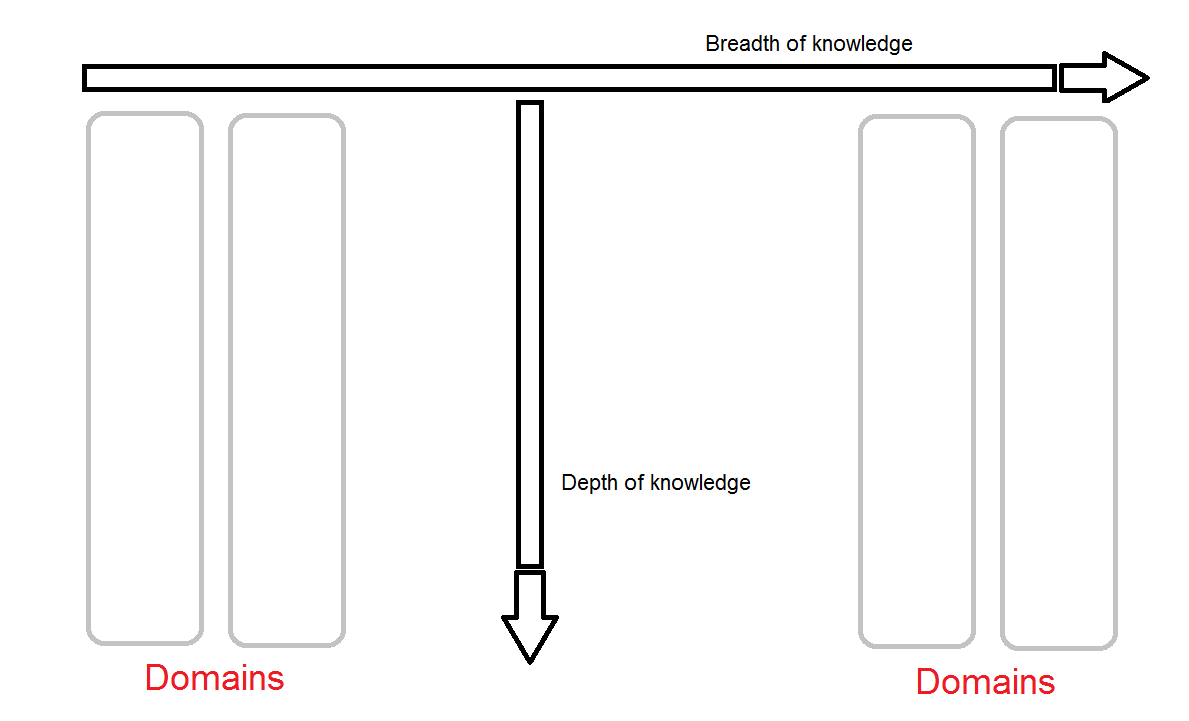|
Is there a fast track to becoming an Architect? |
||||||||
The last few articles in this series have documented what I consider the standard approach to becoming an architect to be, the TOGAF role structure and the key concerns around performing the role of an architect day to day.
I've built the foundation of understanding the role, specifically to ensure a level of understanding of the attributes and activities of an architect. This is key, as in this article I'm specifically looking at the idea of whether or not it is possible to fast track the journey to become an architect. Posing the question, could you take an individual with the capability to perform the role and move them in quick succession through a series of tasks to establish possession of the skills required to operate as an autonomous architect in their own right.
Let me start by saying that there are several assumptions associated with this scenario. The individual, the 'candidate architect' would have to be aware that they are on a journey to display their skills as an architect. The capacity or capability to perform the role would have already been pre-judged as being present, and the candidate would have a knowledgeable support network around them.
What should they be tested against?
As stated above, I've already put together my view on the activities an architect performs. There is a key factor here in differentiating between architects and subject matter experts (SME's). This is import in that these two categories of role are very different, but can often become confused with each other. To understand exactly 'what' we should test candidates against we need to understand the difference between these two type of role.Subject matter experts
Subject matter experts are people with deep knowledge in a business area or capability. They have deep understanding of their area of functionality, but its a very narrow view. Typically their skillset is specific to a field of business services or technology, such as payments, networks or services. They do not have a breadth of insight across multiple fields or processes. This makes them ideal team members if you want detailed information, at a very granular level, but if you want someone who can be reapplied over many content areas, SME's will struggle as they will be outside of their comfort zone.
Architects
In comparison to the SME description above, Architects have a much wider breadth of knowledge across many fields of technology and business capabilities. They may have more detailed knowledge in one or two fields, specifically where they came from, but as a rule they have limited visibility over other process and technologies. This means that as a member of a team, they are deployable across the whole spectrum of a solution as their skills are not specifically tied to one area of knowledge.
Flexibility and not detailed knowledge
From the descriptions above we can determine that the skills an Architect should have are not based in a specific technology or business process. They should sit above this, as they should understand how to examine and interpret technology solutions and business processes, but they should not have detailed knowledge of them, as that's why you retain your SME's.When you consider this, it effectively dictates what you would ask a candidate architect to prove. You would NOT ask them to understand each of your business areas, or processes, but instead ask them to show the skills to discover those areas, integrate with the SME's and extract the right information that is pertinent to the solution.
What's missing from this process?
The above describes the technology and business process discovery but it intrinsically hints at needing stakeholder skills and interpersonal skills to be able to operate successfully. They are a little harder to measure as they are less tangibly proven.The second big factor missing here is the experience and ability to handle the pressures of going through this process. Knowing a task is one thing, but presenting that task back, thinking around it, defending your position when appropriate, or moving on it when its not, are all skills gained from actually going through the architectural process. Experience of previous roles gives people a depth of character that gives them confidence within a business operating model. At its simplest description, discovering and documenting options is a key skill that can be learned. Presenting that options paper back to senior stakeholders with confidence, explaining the process, facing down challenges and holding your nerve is an entirely different skill that is not learned, but more like 'forged' through going through the process repeatedly.
So in summary, I'd say that yes, there is a fast track to 'learning the skills required to operate as an architect'. But I'm separating out that just having the skills does not mean that the candidate can operate as an architect, they need that forging experience to have the confidence and prescience in a room to carry through their architecture directives.









There are no comments for this entry.
[Add Comment] [Subscribe to Comments]